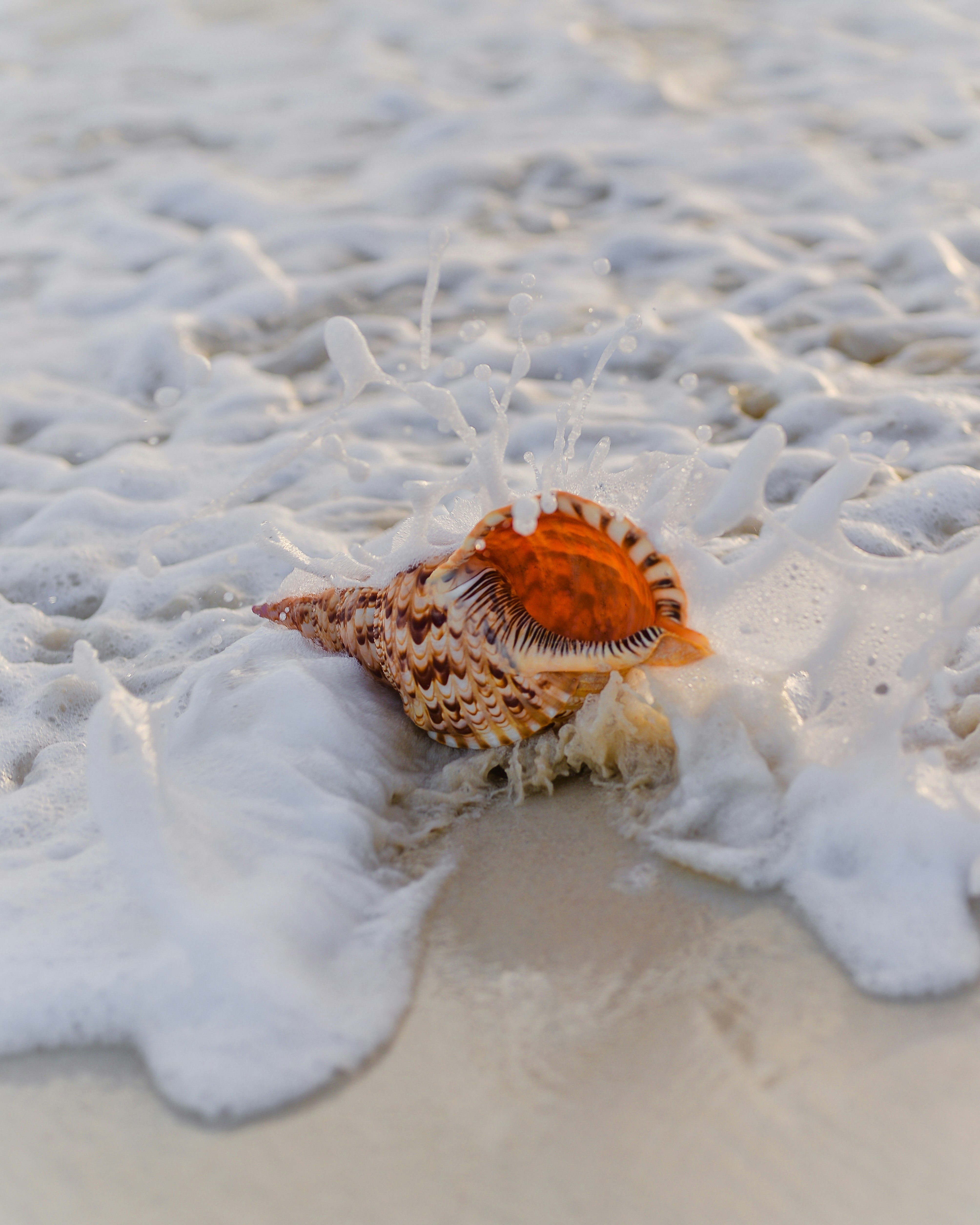
Decoding sustainability
Shell waste, which is primarily generated from the seafood industry, represents a significant and often underutilized stock of resource. According to MDPI, every year close to eight million tons of waste crab shrimp and lobster shells are produced globally and over 10 million tons of waste oyster scallop and mussel shells are generated annually. These shell wastes are generally discarded at sea or in landfills where they can adversely affect the environment by altering soil and marine ecosystems. Therefore, finding sustainable and innovative applications for this material is more important than ever. Utilizing shell waste can not only reduce environmental impact but also provide valuable resources across various industries. Let’s understand some of the ways through which shell waste can be utilized :-
Building and Construction Materials
Concrete Additive: Crushed shell waste enhances concrete durability as compared to sand and gravel. While these materials offer good mechanical strength, they don’t provide added benefits of reduced shrinkage and increased chemical resistance which makes shell waste offering an eco-friendly alternative to the traditional gravel.
Eco-Friendly Tiles: Shell discards are processed into decorative tiles for walls and floors, promoting home decor with sustainability.
Soil Amendment
Soil Conditioning: Ground shells improve the soil pH and fertility, benefiting agricultural productivity.
Composting: They enrich compost with essential minerals, aiding as manure for plant growth.
Animal Feed Supplement
Poultry Feed: Crushed shells provide a calcium supplement for poultry, strengthening eggshells.
Aquaculture: The waste supplies serve as essential minerals for marine life in aquaculture.
Eco-Friendly Packaging
Biodegradable Packaging: Shell scraps are used to produce biodegradable packaging, which reduces the reliance on plastics.
Environmental Restoration
Reef Restoration: Shell waste is used to create artificial reefs, promoting biodiversity.
Shoreline Stabilization: Shells are used in erosion control projects to stabilize shorelines.
Industrial Applications
Abrasives: Shell waste is processed into abrasives for sandblasting and cleaning of industrial equipment.
Adsorbents: Shells are used as adsorbents that are helpful in removing contaminants from industrial pollutants that go into water bodies.
Conclusion
Shell waste, often seen as a byproduct of the seafood industry, holds immense potential for various innovative applications. Utilizing this shell waste not only reduces environmental impact but also provides valuable resources, promoting a more sustainable and eco-friendly future.